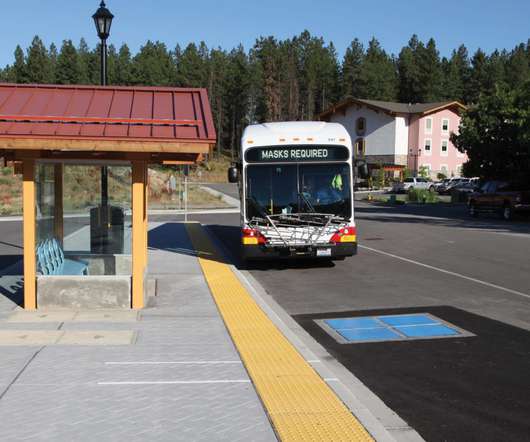Study sees gradual, focused replacement of lead-acid SLI batteries by Li-ion batteries over next couple of years
Green Car Congress
APRIL 1, 2019
This would especially be true for vehicle sales in developing countries, where the issues of CO 2 emission penalties often do not apply and the type of SLI battery purchased would be a simple cost factor for the owner who would see a replacement every five years as more feasible than an expensive battery. —Ferg et al. Schuldt, J.




















Let's personalize your content